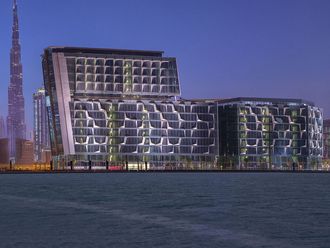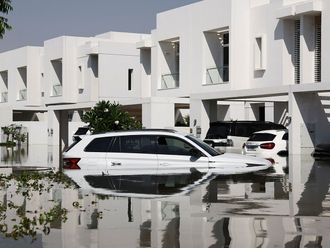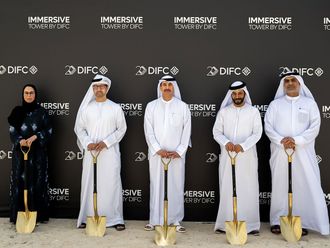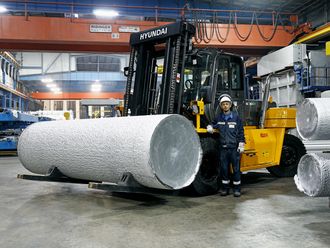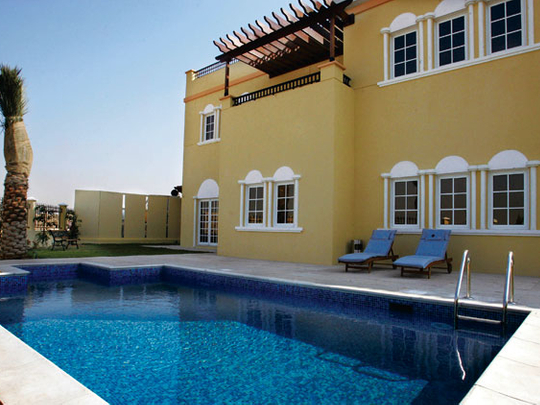
Track your spending
Once you have shortlisted a property, it is important to determine your budget. After deducting the total monthly expenses from your income, you will know how much you need to borrow from a lender. Many banks and developers have a handy mortgage calculator on their website that enables you to calculate your EMI.
Register your property
Once the mortgage has been approved by the lender, the investor must register the property as per the new Property Law and as implemented by the Government of Dubai and the Land Department.
Necessary documentation
In order to avoid any delays or rejection, a borrower should provide all the necessary documents such as salary certificates or financial accounts showing evidence of a regular income, passport and copies, bank account statements for six months, a valid UAE visa, etc.
Islamic home finance vs conventional mortgages
Islamic home finance is compliant with Sharia or Islamic law and charges a profit rate defined in the finance agreement. Citing the main difference, Mehta explains, "In Islamic finance, the property remains in the name of the lender and is leased to the buyer during the mortgage tenure, with ownership transferred after the loan is fully re-paid."
Tenure and instalments
Tenure, or length of lease depends on different bank policies, LTVs, the borrower's age and personal preferences. "Because a longer tenure means lower monthly mortgage instalments, many prefer the longest tenure possible to make monthly payments manageable," says Mehta. Also, check if there is any penalty involved for early loan settlements.
Down payment
A lending firm is often ready to offer a mortgage to a person who has the capacity to make a down payment, as required by the bank (usually 25-50 per cent). So before approaching a mortgage provider or to avoid rejection, Mehta advises that every individual needs to determine the optimum level of down payment to manage all financial obligations comfortably.
Choosing the right property and the lender
Carry out in-depth research of lenders, as different banks offer loans for select developers or projects. "Before deciding on a provider, it is important to assess the accessibility, transparency, service quality, reputation, flexibility and the bank's length of experience in the mortgage market," says Kunal Mehta, head of mortgages, RAKBANK.
Understand interest rates
Most UAE banks employ a variable interest rate model. While borrowers can opt for competitive rates, they must note that these rates are subject to change. Hence, Mehta cautions, "It is equally important to evaluate providers in terms of convenience, reputation and customer satisfaction with service quality before getting into a long-term commitment."
Know the LTV ratio
The level of financing offered for a property is indicated by the LTV (loan to value) ratio, which varies from bank to bank. "When determining the level of financing offered to applicants, banks consider several factors, including customers' debt-to-income ratio, credit history, age and amount of funds available for down payment," says Mehta.
Budget property cost
Consider the overall cost of the property, including expenses such as, registration, title deeds, etc. "The borrower must always keep an open relationship with the bank by providing an accurate picture of income and financial commitments, in order for the bank to develop a comfortable mortgage plan," says Mehta.


